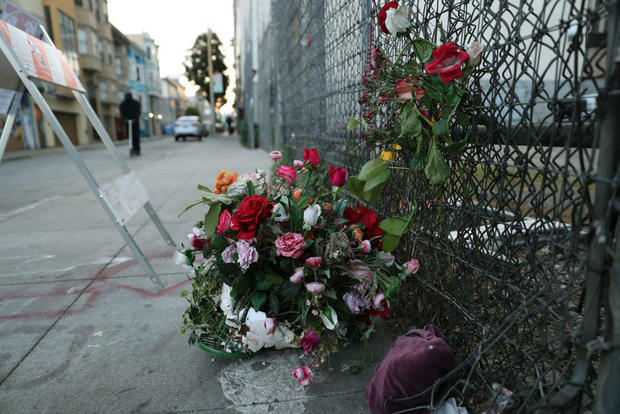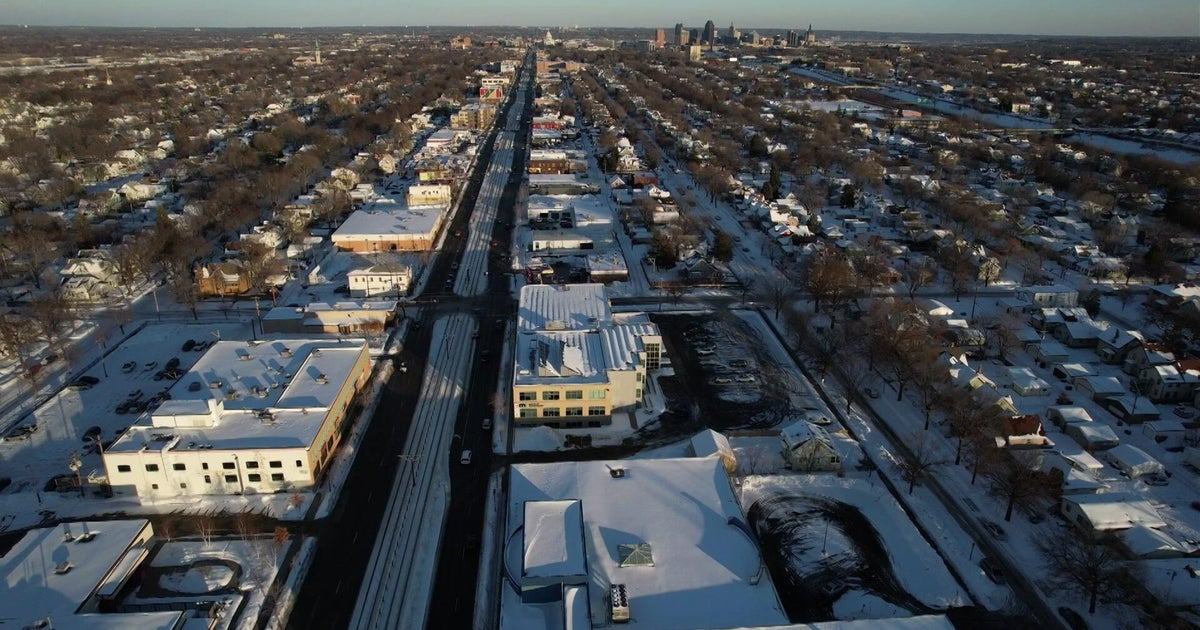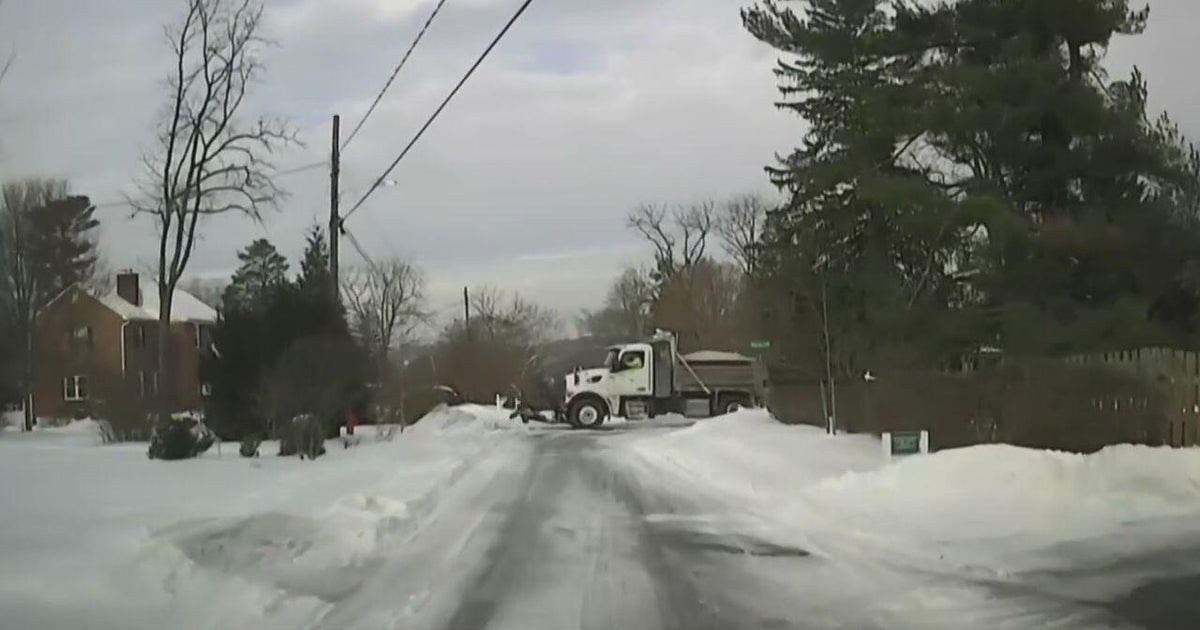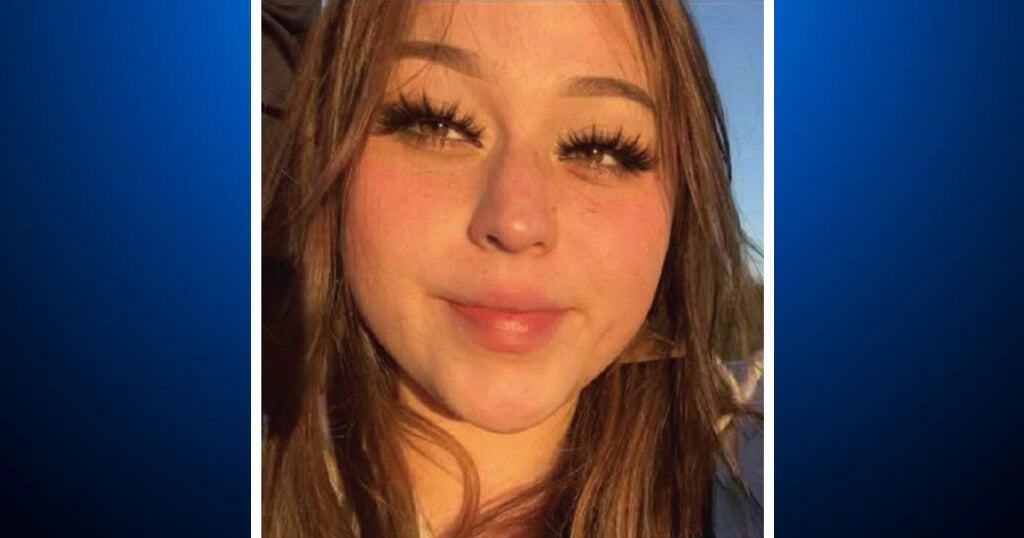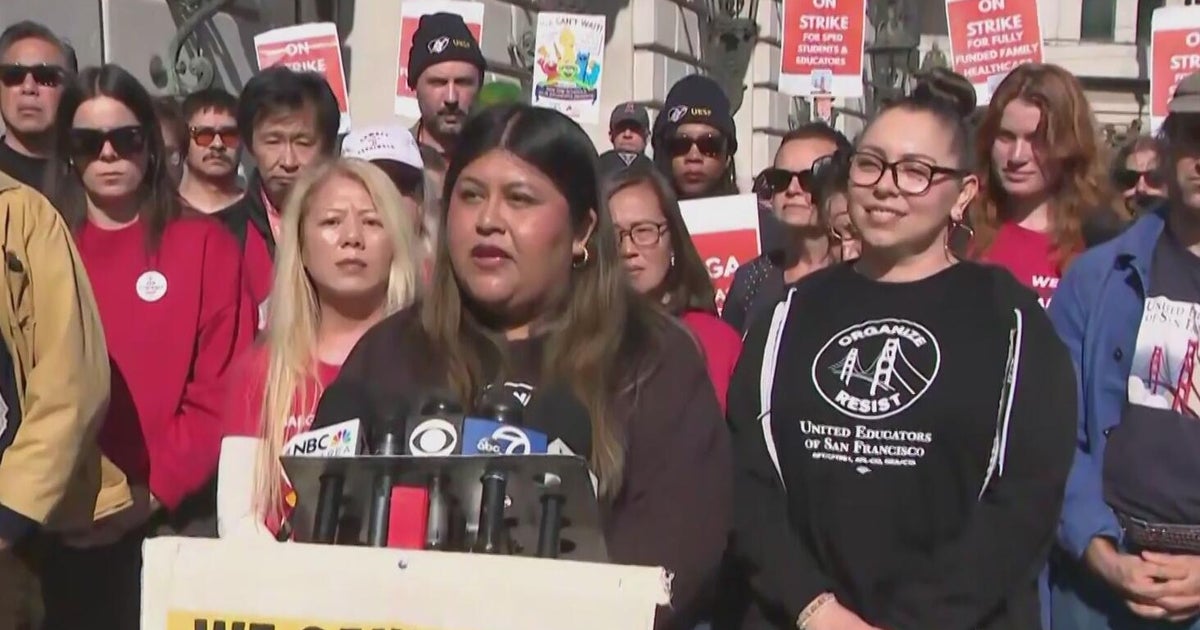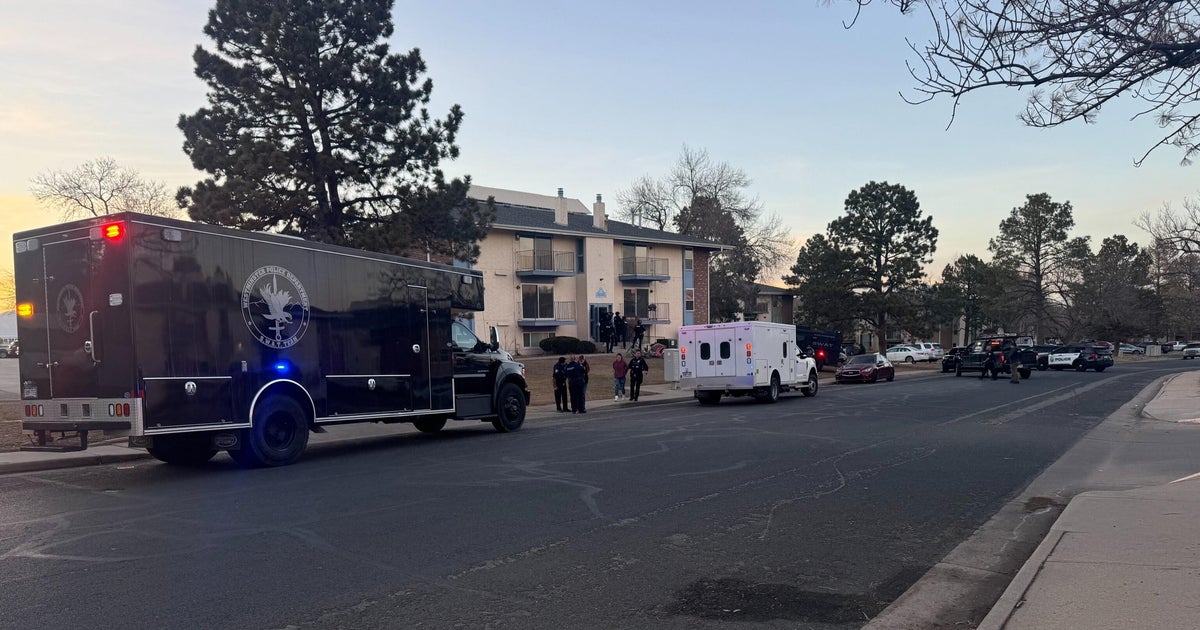Report: Fentanyl deaths in San Francisco surge; City on track to surpass previous totals
SAN FRANCISCO -- The fentanyl crisis in San Francisco shows no sign of ebbing according to a new report which shows last month was one of the deadliest.
During the first five months of 2023, the number of accidental overdose deaths in the city was 346, a more than 40% spike over the same time period last year, according to a preliminary report from the city's Medical Examiner's Office.
In May the preliminary number of overdose deaths was 74, which would make it the worst May since the city began releasing monthly overdose death data in 2020.
Of the total accidental overdose deaths, nearly 80% are due to fentanyl, according to the report. The current rate of overdose deaths would put San Francisco on track to surpass the deaths recorded in 2020 (712), 2021(641) and 2022 (647).
The figures cited in the medical examiner's report could be updated later as the medical examiner's office completes additional death investigations.
There were 83 overdose deaths in January, the most since the city began releasing the figures. The totals dropped to 52 in February before ticking up again in March, April and May.
The San Francisco Department of Public Health released a statement in response to the latest numbers.
"In May 2023, most of the accidental overdose deaths were due to fentanyl. Fentanyl, a synthetic opioid 50 times more potent than heroin and 100 times more potent than morphine, continues to drive overdose deaths in San Francisco and in cities across the nation," The statement noted. "The data from May also indicate that the proportion of accidental overdose deaths involving cocaine is rising."
SFDPH officials also said "that the accidental overdose death rate in San Francisco would be higher if not for our post-overdose response and street care teams, increases in medications for addiction treatment, and increased distribution of naloxone."
"More than 72,000 naloxone kits were distributed by SFDPH and its partners in 2022, compared to 37,000 distributed in 2021," the statement added. "SFDPH and its partners have trained thousands of people on how to recognize an overdose and how to use naloxone to save a life. These trainings are ongoing."
On Thursday, Gov. Gavin Newsom announced that the California Highway Patrol had seized over 4.2 kilograms of fentanyl in the Tenderloin District and surrounding areas since it started assisting with the crackdown on the drug six weeks ago, enough to kill 2.3 million people.
Last month, Newsom and city officials launched a law enforcement partnership with the CHP and the California National Guard to combat the sale and distribution of fentanyl in key areas of the city, including the Tenderloin neighborhood.
ALSO READ:
- Spike in tranq-laced fentanyl overdose deaths has Sonoma County officials on alert
- San Francisco seeks more ideas on fighting fentanyl crisis following chaotic forum
- 'Fentalife' ad campaign against San Francisco opioid epidemic using sarcasm to prod action
"This is something that we've been worried about now, since the closure of the Tenderloin Center in December of last year," said Wesley Saver.
Saver is director of policy and public affairs for HealthRIGHT 360, a non-profit substance use disorder treatment provider that works with more than 15,000 San Franciscans on an annual basis. He says their staff and the community partners they work with have recently seen a massive uptick in need.
"They're seeing massive upticks in need. Record service numbers. People going to harm-reduction providers. There are people having to adjust staffing rates to meet the need that they're seeing at their doors," he said.
However, he says the city should lean into creating more services and resources, and not more law enforcement.
"We're concerned that a law enforcement first approach will exacerbate overdose deaths when we have the knowledge and public health resources at our fingertips that we could implement to otherwise prevent this," he said. "Criminalization, increased enforcement, can exacerbate overdose death and mortality. That's what we're concerned about."
He says, "voluntary services and evidence-based practices grounded in research save lives."
"We'd love to see more 24-hour resources available to people who use drugs, to make sure that people who are out in the streets and people who are housed have a place to go where they can be supervised and monitored and to get the resources they need," he said. "We'd love to see more drug sobering centers implemented, we'd like to see overdose prevention centers and wellness hubs established as well."
Max Darrow contributed to this report.
